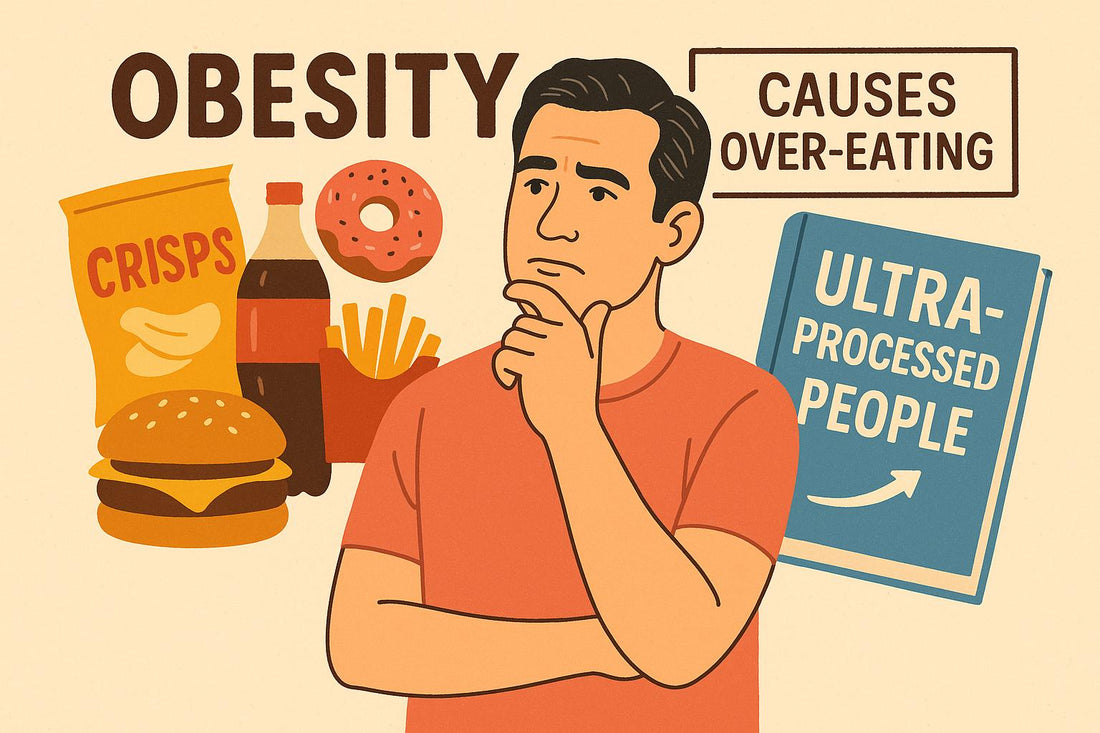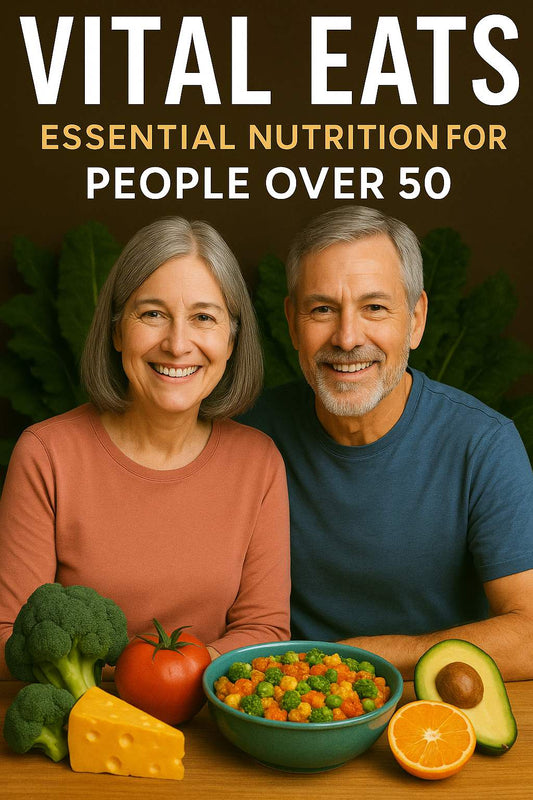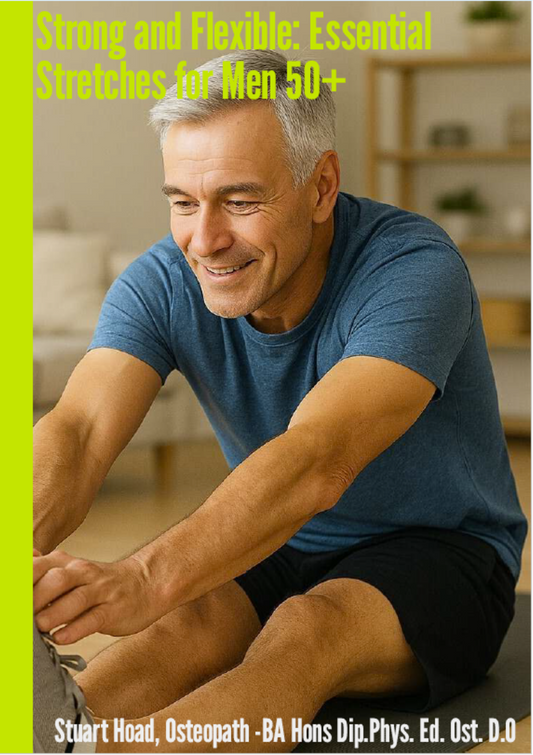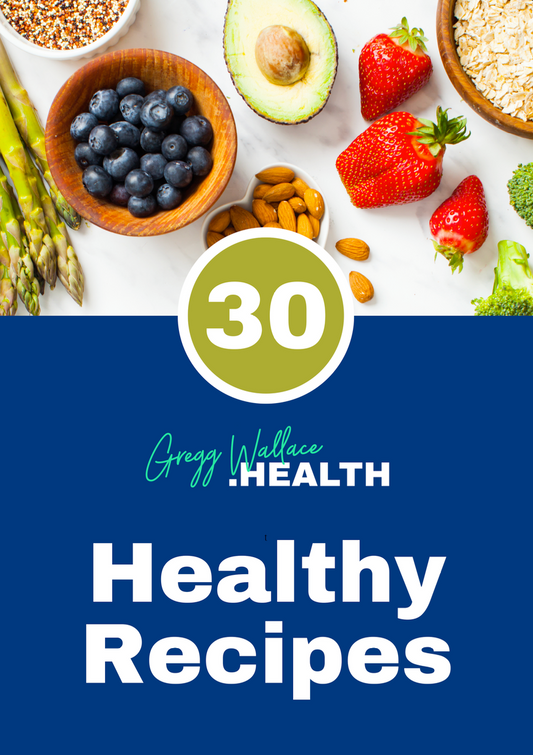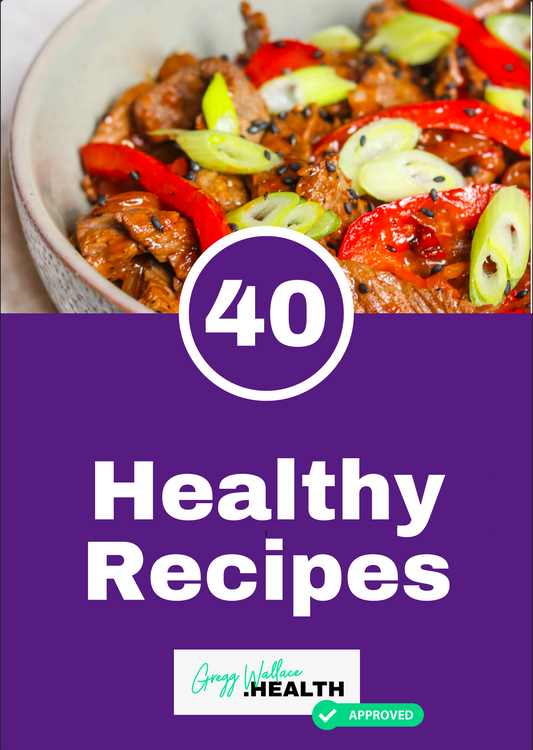Dr Chris van Tulleken makes a strong case that obesity is mainly caused by overeating, not by a lack of exercise and honestly, it makes a lot of sense.
In his brilliant book Ultra-Processed People, he argues that it’s not laziness or lack of willpower that’s making us put on weight. It’s the food. More specifically, it’s the ultra-processed food (UPF) that now makes up a huge part of our diets - about 60% of what we eat in the UK, and even more for kids.
These are foods that are designed in labs and factories: full of additives, emulsifiers, flavourings, and sugars. They’re cheap, convenient, and everywhere, but they’re also engineered to make us eat more than we need. Chris even tested it on himself. For a month, he ate what the average Brit does: 80% ultra-processed food. He quickly gained weight, felt tired and moody, and had brain scans that showed changes in areas linked to addiction and reward. That’s not just willpower being overwhelmed, that’s biology being hijacked.
He’s not saying exercise isn’t important. Far from it. Moving your body is one of the best things you can do for your heart, your mental health, your muscles, your mood. But when it comes to weight gain, it’s not the main issue. You can’t outrun a bad diet. You’d need to do hours of intense training just to burn off a few biscuits, and even then, your body will likely respond by ramping up your hunger.
The big idea in Ultra-Processed People is that the food system itself is broken. It’s not that people are making bad choices, it’s that we’re not really being given a fair chance. Ultra-processed food is aggressively marketed, especially in poorer areas. It’s cheaper than fresh food. It’s in schools, in hospitals, in every shop. And once you start eating it, your body wants more. That’s not a moral failure. That’s chemistry.
Chris doesn’t point fingers at people. He’s not blaming anyone for struggling with weight. Quite the opposite... he wants to take the blame off individuals and put it where it belongs: on the food industry and a system that’s set us up to fail. The solution, he says, isn’t just telling people to eat less or move more. It’s about changing the food environment so that real, nourishing food is affordable, accessible, and normal.
I think it’s a really refreshing and supportive message. It’s not about guilt. It’s about understanding what we’re up against and starting to fix it.

